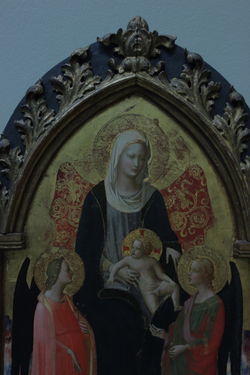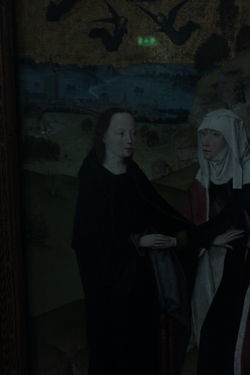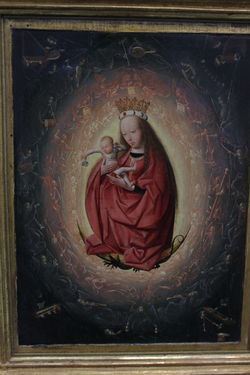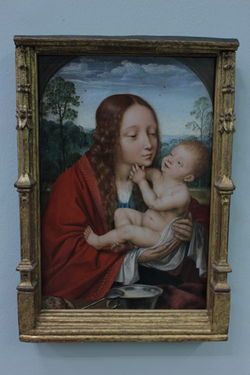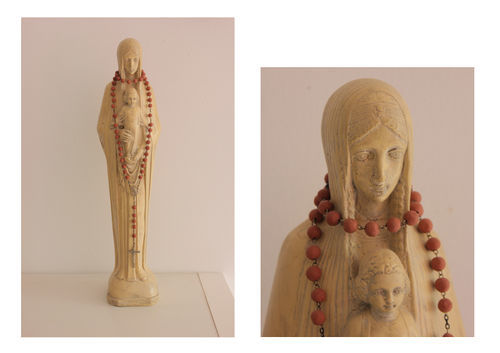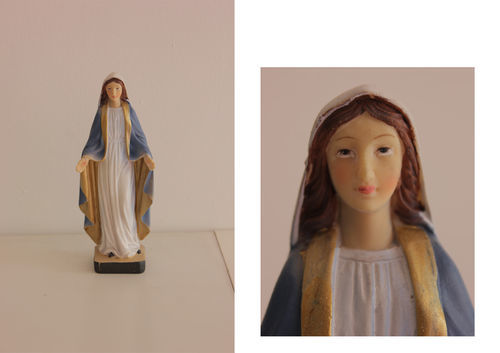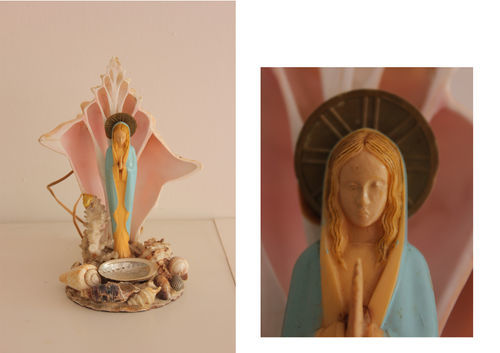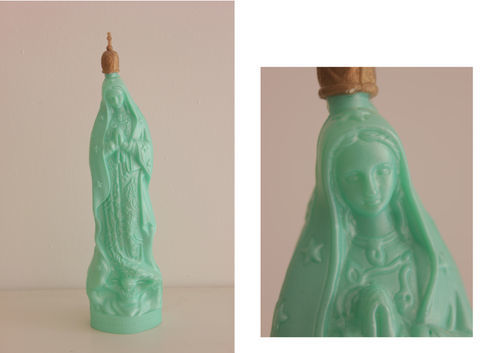Difference between revisions of "User:ThomTrouwborst"
| Line 44: | Line 44: | ||
[[File:Maria+kind+2engelen.jpeg | 250 px]] [[File:Maria+man.jpeg | 250 px]] [[File:VerheerlijkingvanMaria.jpeg | 250 px]] [[File:Maria+kind.jpeg | 250 px]] | [[File:Maria+kind+2engelen.jpeg | 250 px]] [[File:Maria+man.jpeg | 250 px]] [[File:VerheerlijkingvanMaria.jpeg | 250 px]] [[File:Maria+kind.jpeg | 250 px]] | ||
| − | + | ||
| + | '''Other Maria's''' | ||
[[File:Maria 1.jpg | 500 px]] [[File:Maria 2.jpg | 500 px]] | [[File:Maria 1.jpg | 500 px]] [[File:Maria 2.jpg | 500 px]] | ||
[[File:Maria 3.jpg | 500 px]] [[File:Maria 4.jpg | 500px]] | [[File:Maria 3.jpg | 500 px]] [[File:Maria 4.jpg | 500px]] | ||
Revision as of 13:58, 21 September 2015
Thom Trouwborst
Graphic Design Student
Unravel The Code
Stealing from the museum
Fantastic Forgeries
Chosen object:
Information:
Maker: Anoniem
Titel: Maria met kind
Periode: 1350 - 1400
Materiaal: Marmer
Tekst Boijmans:
NL
Dit beeld van Madonna en kind is een karakteristiek voorbeeld van de elegante stijl, die zin in de late viertiende eeuw in Parijs en omgeving ontwikkelde en al snel in heel Europa werd nagevolgd. De dromerige uitdrukking van Maria en haar sierlijke houding zijn karakteristiek voor de zogenaamde internationale gotiek; de vaardig weergegeven draperie doet niet onder voor het beste werk uit de vroege renaissance.
EN
The sculpture of the Virgin and Child is a typical example of the elegant style that evolved in and around Paris in the late 14th century and was seen being imitated throughout Europe. The Virgin’s dreamy expression and graceful pose are characteristic of what is called International Gothic. The skillfully rendered drapery is a match for the best work of the early Renaissance.
Andere afbeeldingen van Maria's binnen het Boijmans:
Other Maria's

